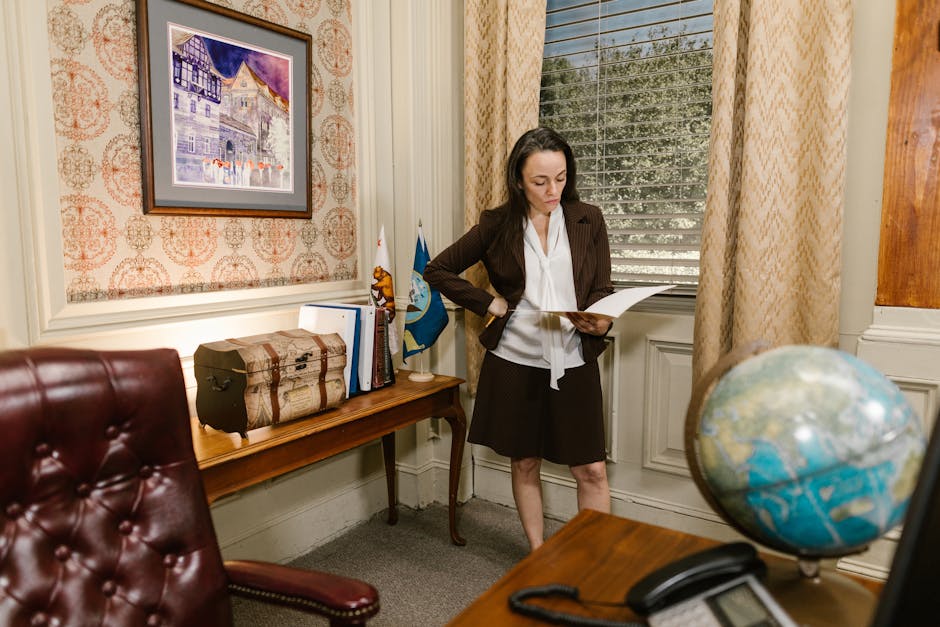
Facing a will contest can feel like navigating through a thick fog—uncertain, complex, and full of potential pitfalls. But with the right approach and a bit of guidance, you can emerge on the other side with your sanity and relationships intact. Whether you’re challenging a will or defending it, these 12 tips are your compass through the labyrinth.
1. Understanding the Basics of a Will Contest
A will contest is no small undertaking. At its core, it’s a legal challenge against the validity of a will—often on grounds of undue influence, lack of testamentary capacity, or improper execution. Before diving in, it’s crucial to familiarize yourself with the legal landscape of wills in your jurisdiction, as laws can vary significantly. This foundational knowledge will serve as your roadmap, illuminating the path ahead and helping you avoid common missteps.
Consider the emotional and financial toll a will contest can take, not just on you but on all parties involved. It requires a delicate balance of assertiveness and empathy, a strong legal stance softened by understanding. This is about more than just legal rights; it’s about navigating human relationships and the legacies of loved ones.
2. Knowing If You Have a Valid Reason to Contest
Entering the battleground of a will contest without a valid reason is like sailing against the wind—exhausting and futile. Grounds for contesting a will can include undue influence, where the decedent was coerced into making decisions that don’t reflect their true intentions. Similarly, questions of testamentary capacity—whether the decedent had the mental ability to understand the implications of their will at the time of its creation—can also form a valid basis.
3. Gathering Critical Evidence for Your Case
The success of your will contest hinges on the strength of your evidence. Crucial pieces may include historical medical records, testimony from witnesses who knew the deceased well, and expert opinions on the decedent’s mental health. It’s a meticulous and often time-consuming process, requiring a keen eye for detail and the tenacity to pursue every lead.
4. Choosing the Right Attorney for Your Will Contest
Selecting an attorney for a will contest is like choosing a partner for a treacherous journey. You need someone not only skilled in the law but who also understands the emotional gravity of the situation. Look for an attorney with a track record in will contests, ideally one who communicates clearly and empathizes with your situation. This alliance is pivotal to navigating the legal storm ahead.
5. Understanding the Timeline of a Will Contest Process
A will contest can be a marathon, not a sprint. From filing your challenge to potentially appearing in court, the process can span several months or even years. Familiarizing yourself with the typical timeline can help set realistic expectations and reduce anxiety. Patience becomes your silent ally, alongside a proactive mindset that keeps your case moving forward.
6. Strategies for an Effective Mediation
Mediation offers a beacon of resolution in the murky waters of a will contest. It’s a chance to reach an agreement outside the courtroom, which can preserve relationships and save on legal costs. Effective mediation requires a willingness to compromise and an open dialogue about each party’s needs and concerns. With the right approach, it can be a pathway to peace.
7. The Role of Witnesses in Strengthening Your Case
Witnesses can turn the tide in a will contest, offering invaluable insight into the decedent’s state of mind and intentions. This might include friends, family members, or medical professionals who can attest to the decedent’s capacity or vulnerability to influence. Their testimonies can paint a richer, more accurate picture of the circumstances surrounding the will’s creation.
8. How to Deal with Potential Setbacks
The road through a will contest is rarely smooth. Setbacks, whether in the form of unfavorable interim decisions or unexpected evidence from the opposing side, are par for the course. Embrace flexibility in your strategy and maintain open lines of communication with your attorney. Resilience in the face of these challenges can ultimately shape the outcome of your case.
9. The Importance of Staying Emotionally Grounded
A will contest can stir a storm of emotions, from grief and anger to hope and determination. Staying emotionally grounded is crucial. Seek support from friends, family, or a professional counselor to process your feelings. Taking care of your mental health is not a detour; it’s a necessary part of the journey, enabling you to make clear, composed decisions.
10. Navigating the Appeals Process
If the initial verdict doesn’t go your way, the appeals process offers a second chance—a rigorous challenge that demands a detailed reassessment of the case. This stage requires an even deeper dive into legal strategy and precedent. Whether to pursue an appeal is a decision that should be made with careful consideration of the likelihood of success and the emotional and financial costs involved.
11. Protecting Your Relationships During the Contest
A will contest can strain or sever family ties, turning loved ones into adversaries. Prioritizing open, honest communication and seeking mediation or counseling can help protect these bonds. Remember, relationships are often more valuable than any material inheritance. Strive for resolutions that uphold not just legal rights but the fabric of family and friendship.
12. Preparing for the Outcome, Regardless of the Verdict
The conclusion of a will contest brings a mix of emotions, from relief to disappointment. Regardless of the outcome, preparation for what comes next is key. Consider the next steps for estate distribution, relationship repair, and your own emotional closure. Reflect on the journey, the lessons learned, and how you can move forward with grace and resilience.






